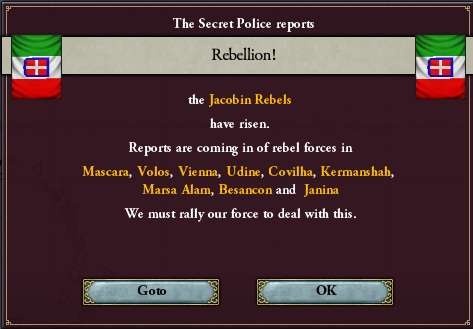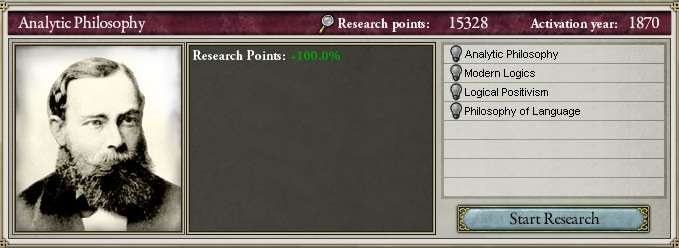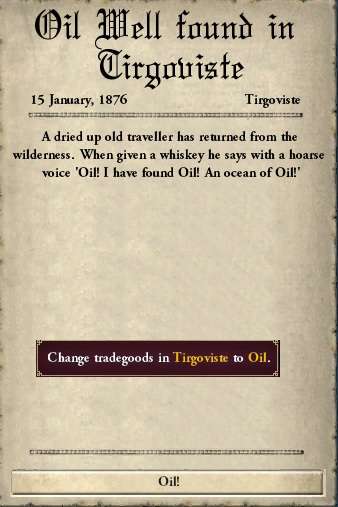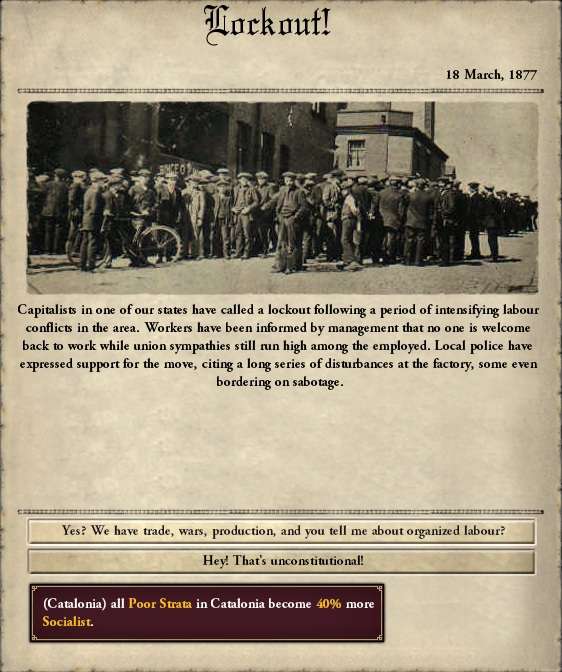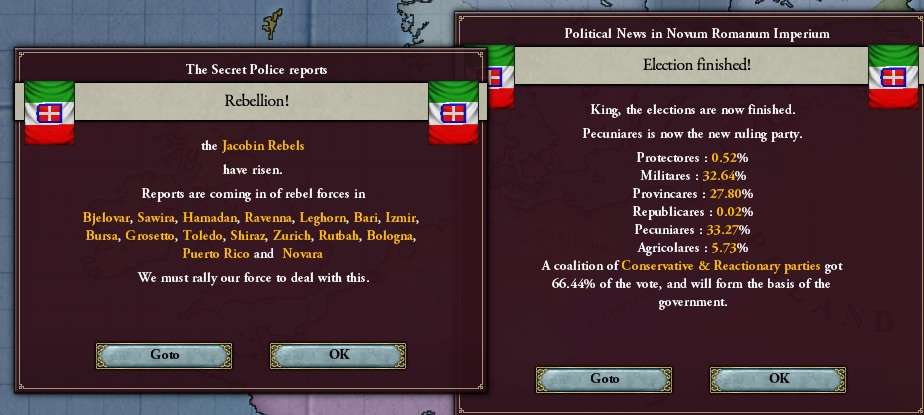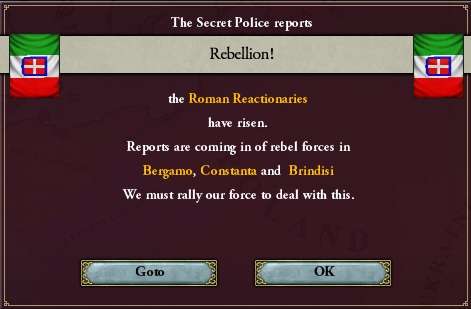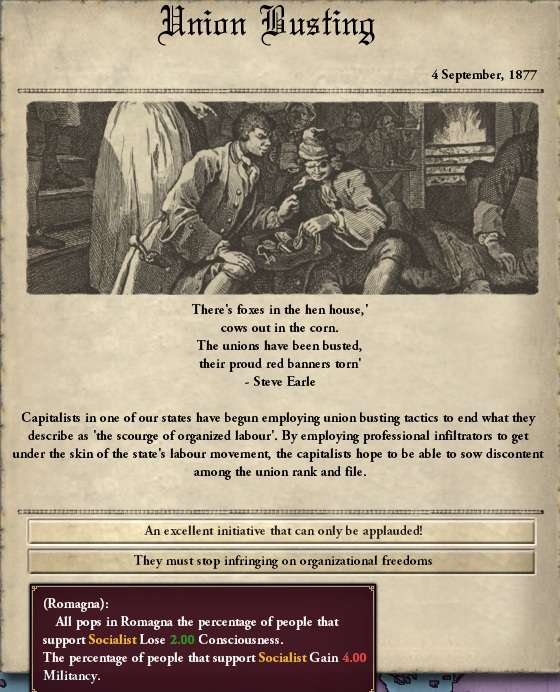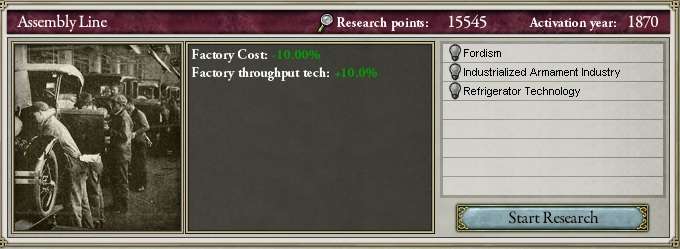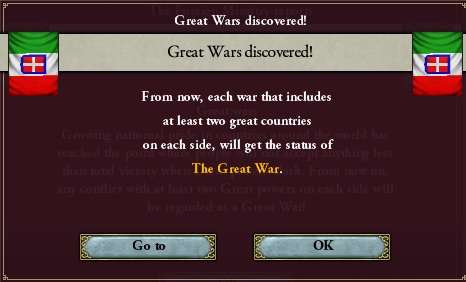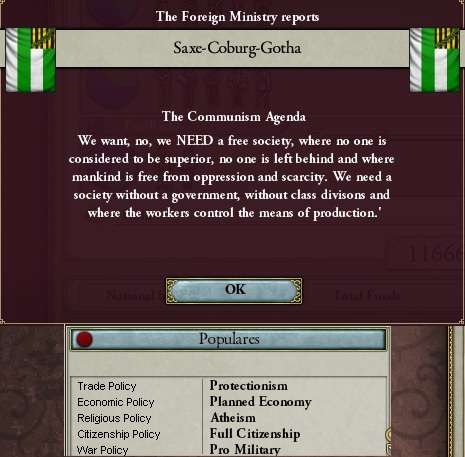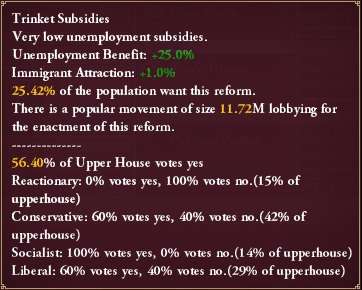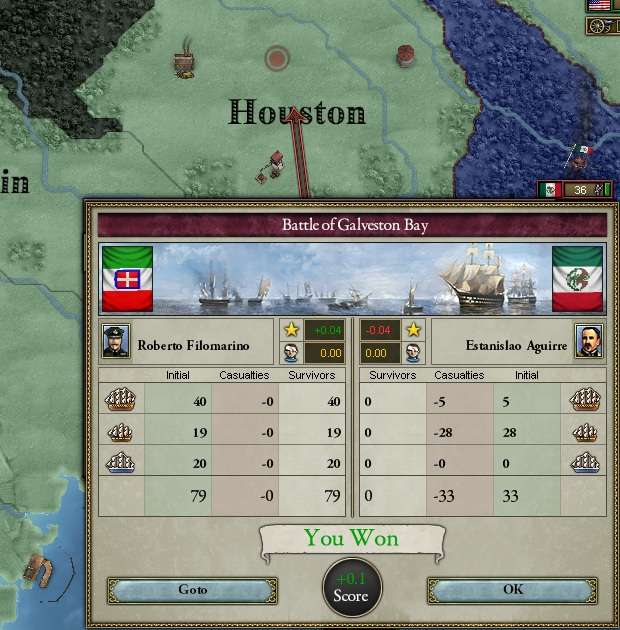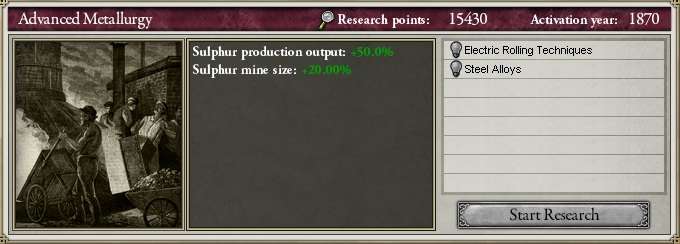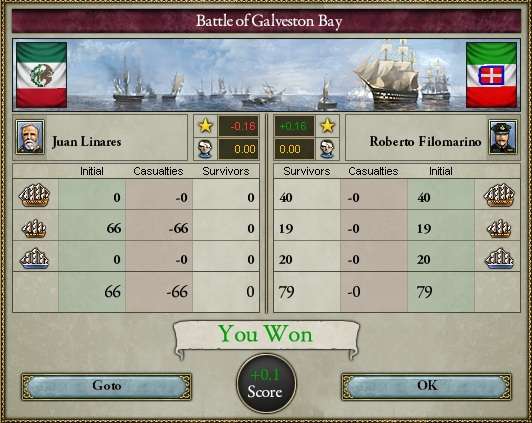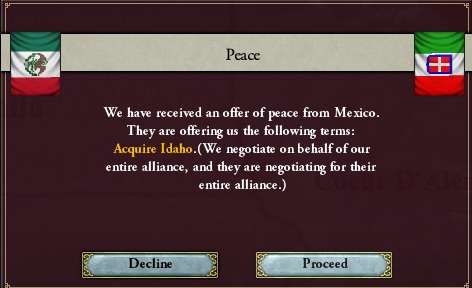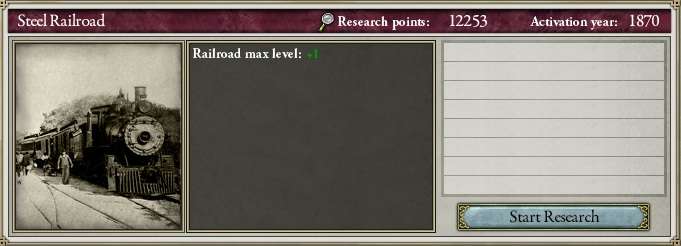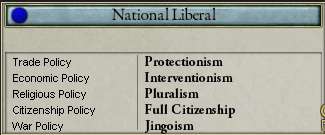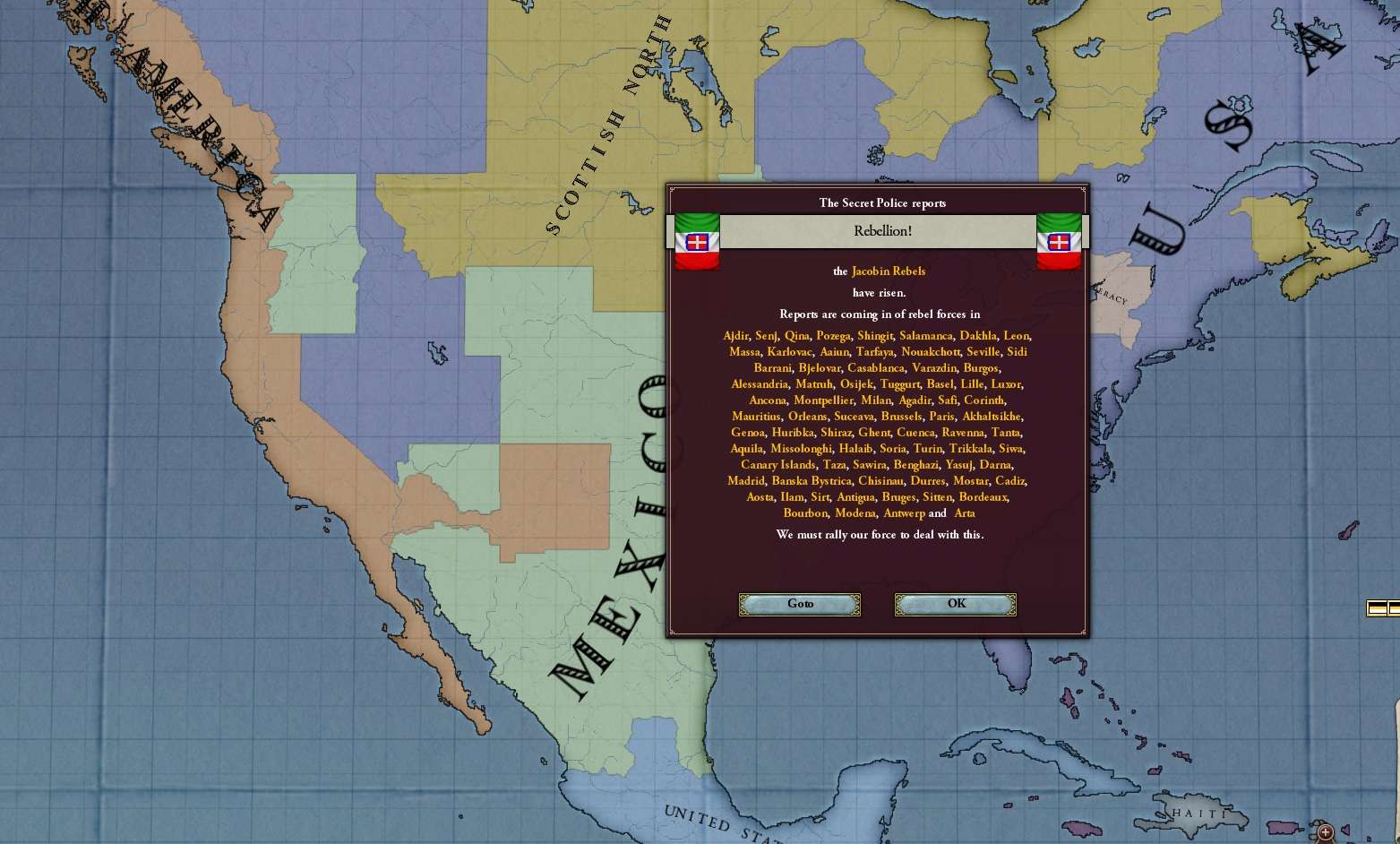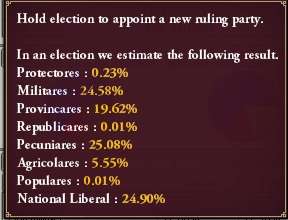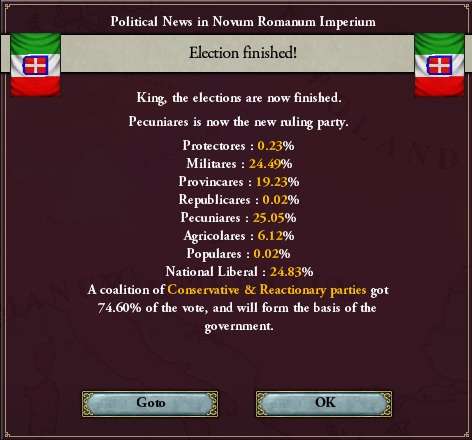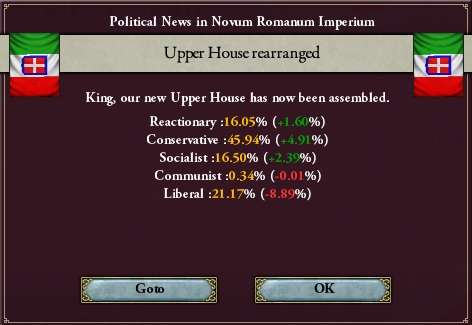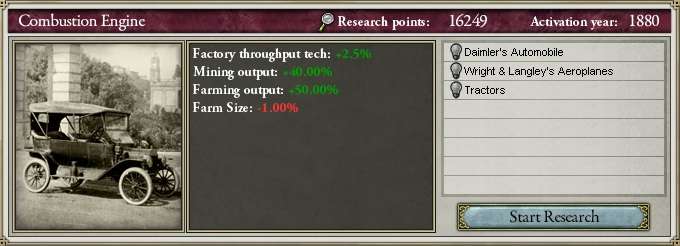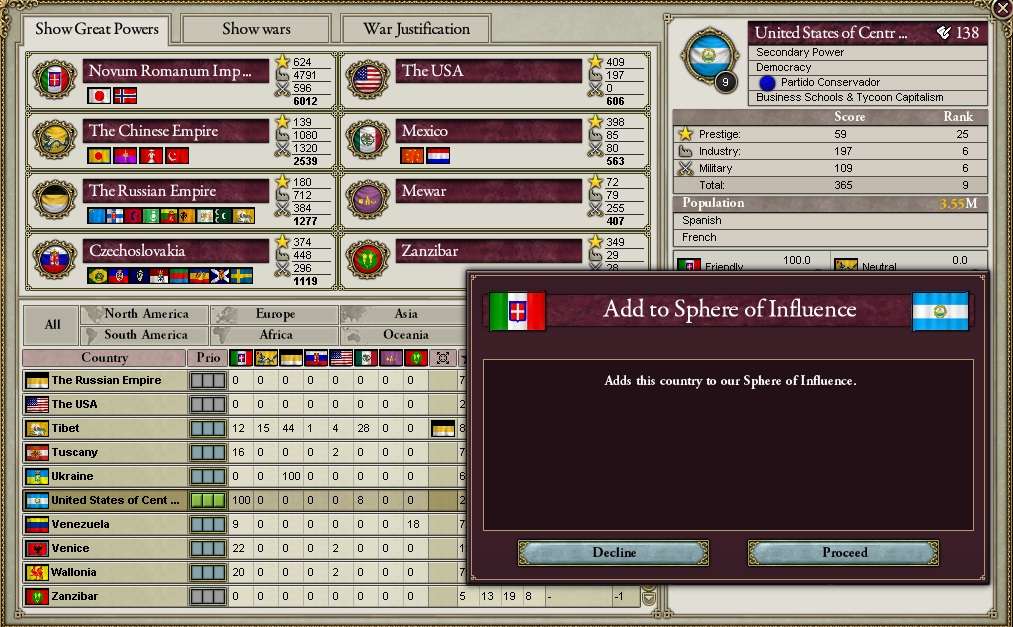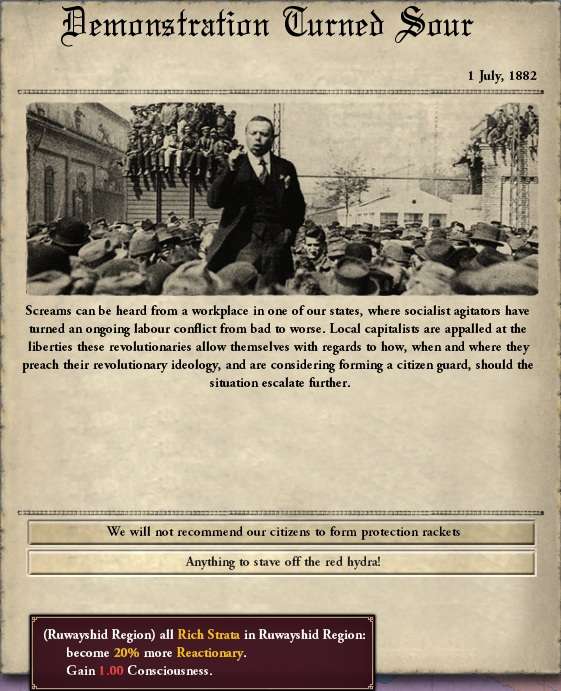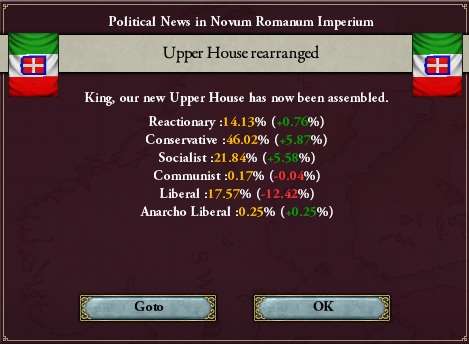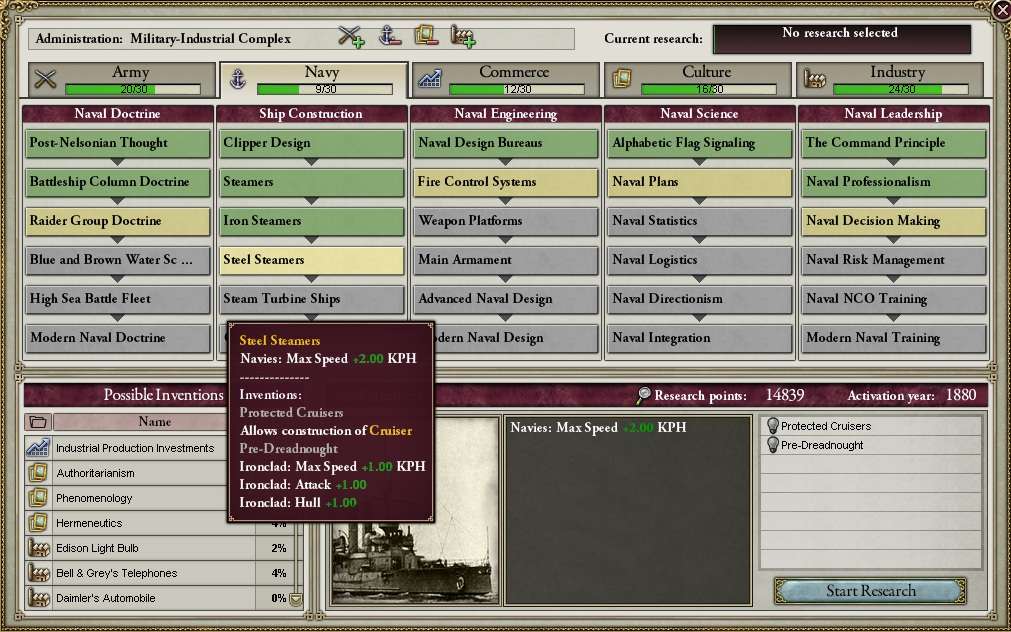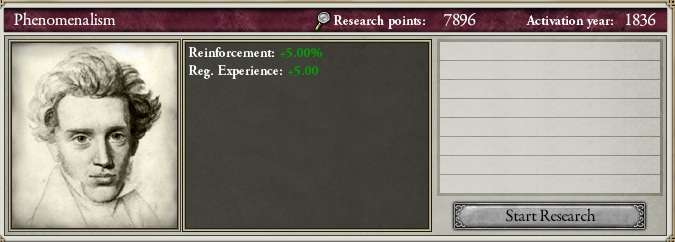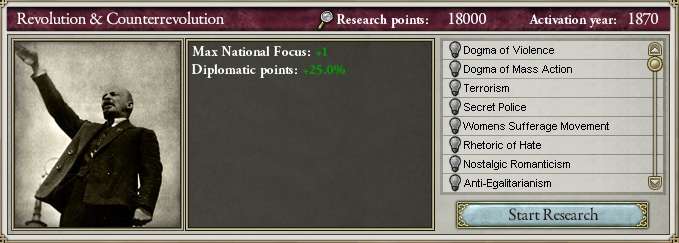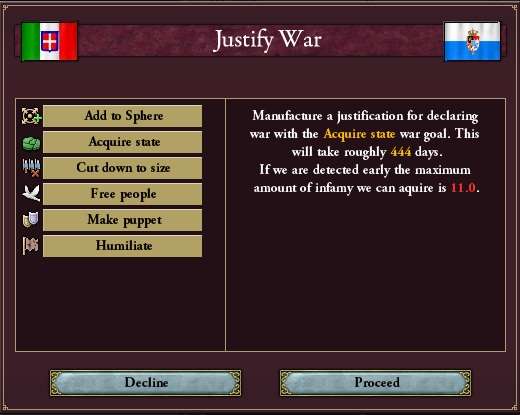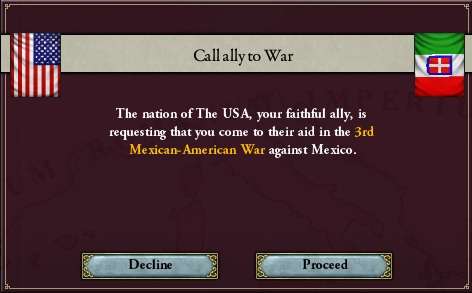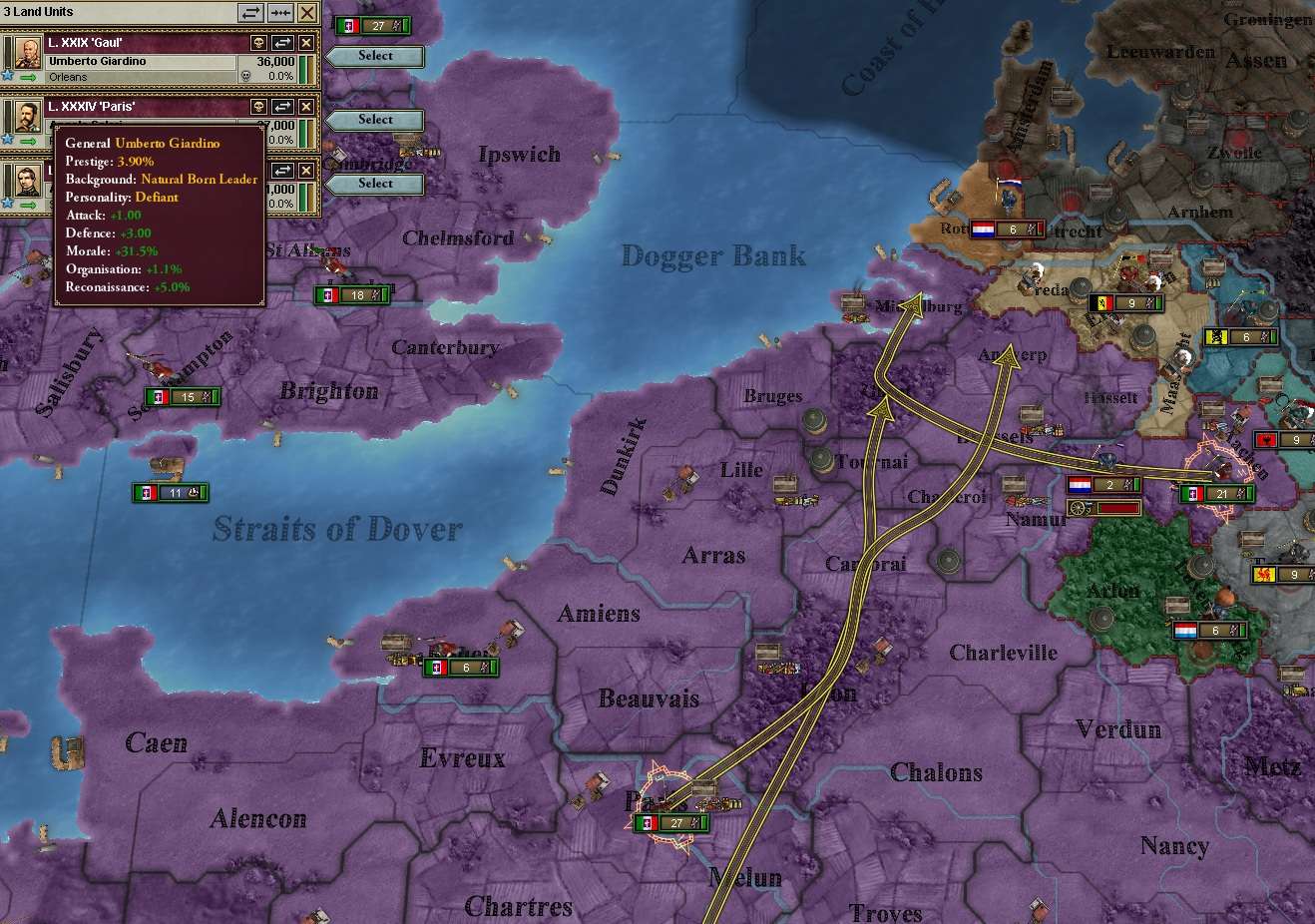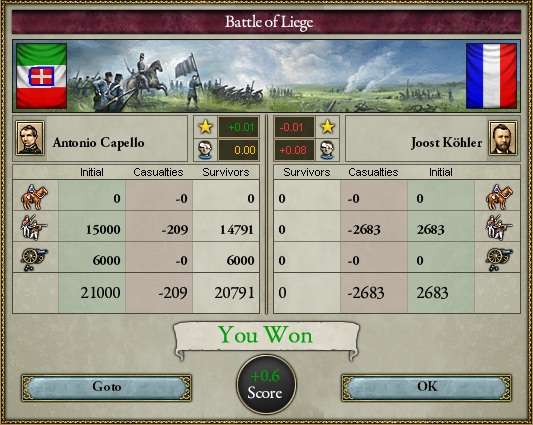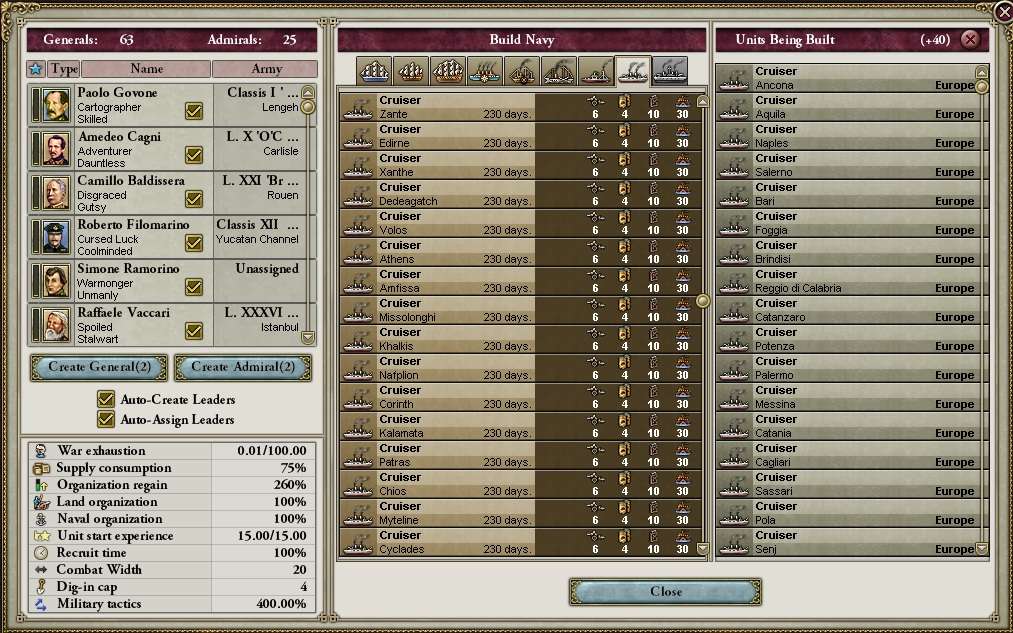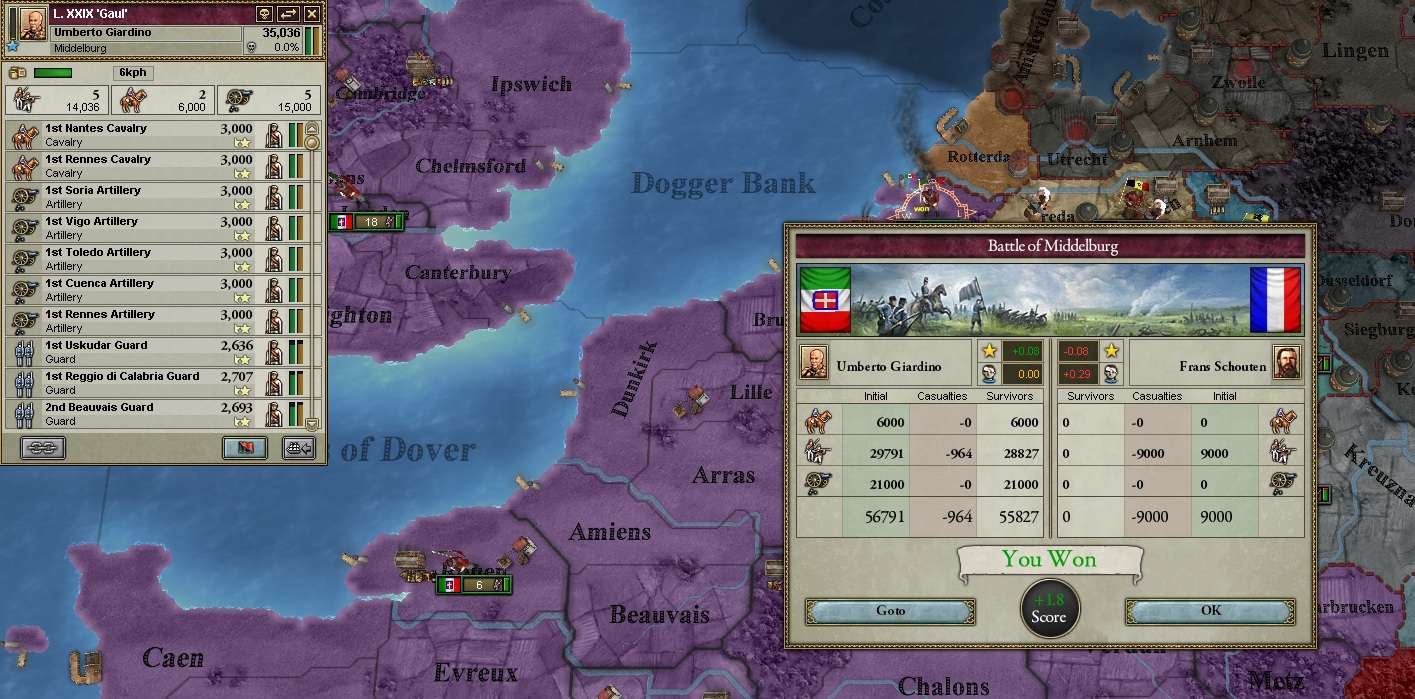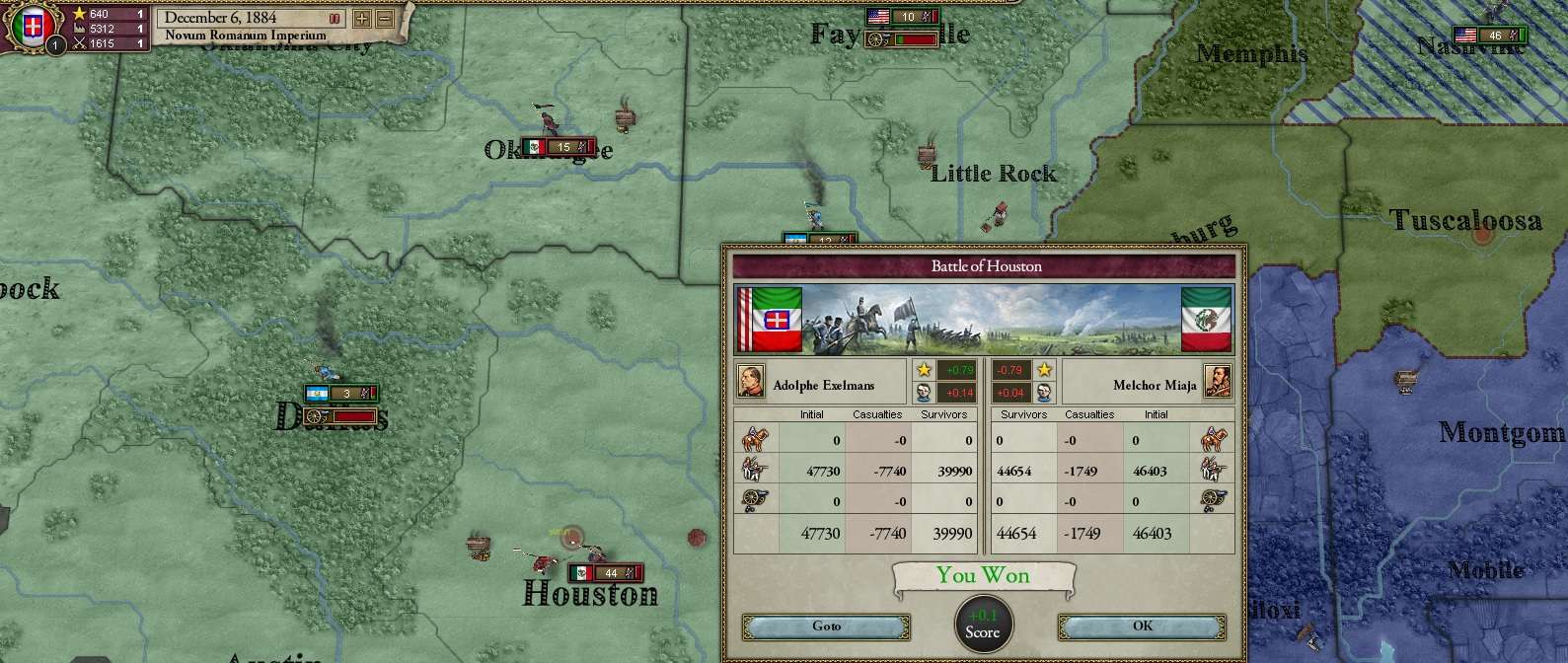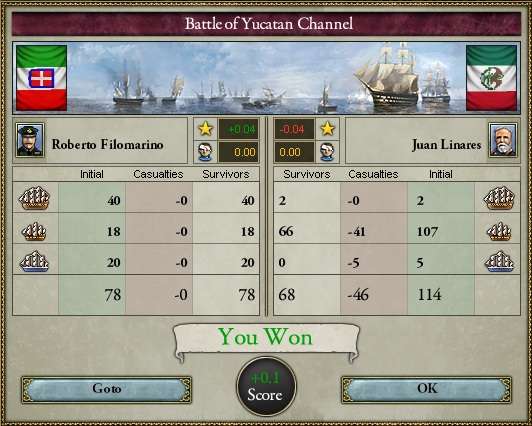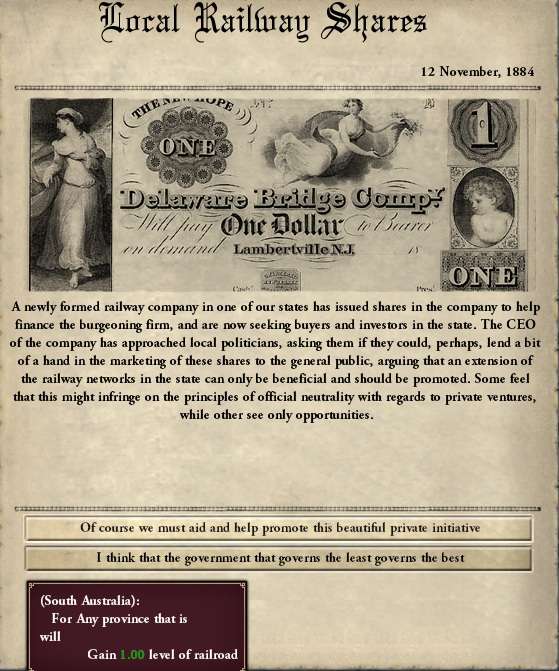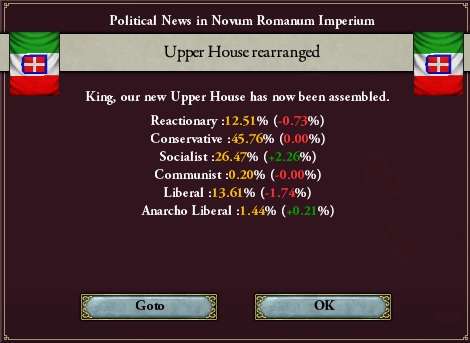Chapter 18, part 1: The National Liberals and the push towards war
23 February 1880, Turin
Turin was the industrial heartland of Piedmont
provincia. Its most successful factory made fabric, but that didn't concern Colonel Arturo Orsatti. There were two critical factories in Turin that he was inspecting today; an explosives factory and an ammunition factory. He was supervising the new steel alloys recently invented by some of the brilliant scientists at the Ministry of Education. The other new advance -- refrigeration -- was less important to the ammunition factory he was currently at, but no less important to the army as a whole. If meat could be better preserved, that meant happier and better fed soldiers. Happier and better fed soldiers fought better and were less likely to die, a very desirable outcome.
At the moment, though, he wasn't doing much of anything. He was waiting for the shift manager to return from his lunch break. To pass the time, he picked up a pamphlet from the manager's desk; it said "Join the National Liberals, the only true force for Roman greatness!" Orsatti chuckled, but not too loudly. The National Liberals were a very respectable new faction.
For a lot of Romans, "National Liberal" were the only two English words they knew. The faction was founded by a group of Australians from the newly integrated
provincia of Southern Australia. They had two major causes: anti-socialism and jingoism. They thrived on the idea that war had built the Roman Empire, and that until Roman borders were secure, the Empire must be willing to fight. Socialists, as the most vocal pacifists in the Empire, were the enemy, for opposing war meant treason to them. For the original founders, that meant expansion in the South Pacific, at least until the faction was taken over by some of the more militant
Militares and
Protectores. A charismatic Englishman named Cecil Rhodes, although not a founder, was the voice of the National Liberals. Rhodes was a proud owner of multiple factories in Britannia and had originally been part of the
Pecuniares. However, he was an adventurer at heart, and what he most wanted was a colony of his own. If he'd been born a few years earlier, he would almost certainly have joined the Syndicate. As it was, his charisma took the fledgling faction to new highs. If the new faction did well in the upcoming elections, it could well gain a cabinet seat.
Arturo Orsatti leafed through the pamphlet. He liked a lot of what Rhodes had to say, partially because his position meant greater advancement for army officers, but more because he rejected socialism. If you pressed Arturo, he'd admit he didn't know why he didn't like socialists very much. He hated the
Populares, but they were traitors to Arturo's thinking: they meant to overthrow the Empire, after all. The socialists accepted the Empire, and the
Agricolares had never been anything but civil, but he couldn't help but feel that the socialists had some sort of plan, should they ever get in power. Something just didn't feel right.
Arturo looked up at the clock. 2:30 PM.
Who takes a lunch break that long? I'll have to report this. The Colonel stood up, brushed off his uniform, and reached for his hat when a soot-stained worker threw open the door.
"Colonel, sir! The Jacobins! They've risen again!"
Orsatti scoffed. "They rise every two weeks, or so it seems. They're no real threat."
"Sir, I beg to differ. The factory is surrounded."
Orsatti still didn't trust the worker, but poked his head out the window. He blinked several times, as if the huge crowd surrounding the ammunition plant was a figment of his imagination. "You're right, lad. Has anybody sent word to the garrison?"
"No, sir. Nobody can get in or out."
"Damn! How will we put down the rising without our soldiers?" Then Orsatti looked farther. "My God. Milan is burning! James, I certainly hope you can contain this."
------------------------------------------------------------------------------
11 March 1880, home of Nikola Tesla, Rome
Nikola Tesla beamed with pride. His latest experiment was a success; he'd found a way to harness the raw power of nature!
"Isn't this delightful, my little friend?" The response from Tesla's friend was not surprisingly a soft coo. His house was full of pigeons of every shape, size, and color. Like most geniuses, his eccentricity was tolerated when he was productive and got him harassed when he wasn't. Most of his feathered friends didn't come to his work site, so Tesla did as much experimenting as he could at once, then went home to analyze the results. He was briefly concerned the Jacobins might smash his generator, but thankfully the Minister of Security, James O'Connor, took a private interest in the matter, stationing a squad of legionaries outside the door. For himself, Tesla couldn't care less about politics; all he wanted was the freedom to experiment as he thought best. "One day, my friend, we shall build you a home lit year round!"
Tesla returned to his notes; if he wanted to publish a paper and get more funding, he needed to get right to work before somebody else beat him to it.
------------------------------------------------------------------------------------
4 November 1880, Office of the Chancellor, Rome
Benjamin Disraeli understood at some level what the Emperor was trying to accomplish; that didn't mean he liked it. There was a very real chance he could lose his job. He'd cut taxes to 10% for the poor, 15% for the middle class, and 30% for the rich; his hope was that tax cuts would keep the people in check and prevent another massive uprising. A group of Whites tried to attack the government themselves, but without the long dead von Horgen to lead them, only very tiny numbers showed up.
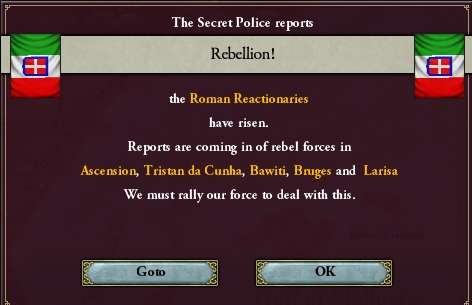
However, that had still required a slight increase in taxes; back to 35% for the rich while the other groups had the same tax rate. New foreign investments in the United Provinces of Central America required more currency as well, but nobody bothered the great Bismarck; instead, they dumped all their problems on poor Disraeli. The National Liberals had gained some surprising support from some of the more volatile Jacobins, of all people; certain populations that favored the Jacobins did so not because they believed in democracy, but because they believed in the value of war. They wanted the Empire to grow, but only the Jacobins, with their vision of democracy from the Atlantic to the Pacific, offered that opportunity. The ruthless repression of the Jacobins combined with the pro-war message of the National Liberals made them a powerful force. They still operated in the Conservative bloc, along with Disraeli's
Pecuniares and the
Militares, but they wanted to head the bloc instead of merely being a supporter.
Another big change came too; the
Agricolares, recognizing their growing power, got a new law passed in the Senate: the largest bloc in the Senate would nominate the Deputy Chancellor, who could no longer be of the same bloc as the Chancellor. The
Provincares were alone as Liberals. Disraeli liked Spurius Porcius Cato, who was quiet and unassuming, letting Disraeli do as he wished. A Socialist Deputy Chancellor would probably be much more aggressive.
For all these reasons, the Chancellor had pleaded with the Emperor not to call the early elections, but the Emperor wanted to take advantage of the National Liberals; a lot of prominent Romans were joining the faction, and that meant that he had to at least give them some semblance of power. He also had a reasonable expectation that the National Liberals would, upon gaining that power, use their influence among the more conservative Jacobins to prevent another rising. Even a seasoned politician like Disraeli didn't quite understand the linkage between the Jacobins and the National Liberals, but he didn't have to understand it to know that it meant trouble.
Whether he liked it or not, the Emperor had ordered early elections. All Disraeli could do was campaign as best he could.
---------------------------------------------------------------------------
4 May 1881, Office of the Minister of Commerce, Venice
Cecil Rhodes felt like a conquering hero. In all reality, Edward Vickers had been Minister of Commerce for a very long time, but the fact remained that, of the Conservative bloc, the
Militares were the smallest after the election.
The Conservatives still dominated the Senate as well, and more and more were National Liberals.
Rhodes had lost the Chancellorship by the slimmest of margins, and threatened to abandon the Conservative bloc without a cabinet position. His new post was already paying dividends, as orders for full production of the combustion engine were placed.
Rhodes didn't know Daimler personally, but he knew a great idea when he saw one. Rhodes even offered to purchase the first working prototype for his own personal use. With improving relations with the UPCA, Rhodes envisioned a future where Roman goods traveled the world, with himself at the center. All he had to do was keep promoting the right people, pushing the right agenda, and making the right connections. He'd even had dinner with the Emperor and his family.
Cecil Rhodes was already finding power more intoxicating than any Mediterranean wine.
-------------------------------------------------------------------------------------------
20 May 1882, Floor of the Senate, Rome
Spurius Porcius Cato was not normally a passionate speaker, but on this particular issue, he had to be. Benjamin Disraeli simply didn't understand how finance worked, or so the leader of the
Provincares thought. Disraeli had just returned the taxes of the rich to 30%; that was his prerogative, provided it passed the Curia, which it did with no problem. Spurius even recognized, intellectually, that he benefited from the decision. But he'd been fighting -- and losing -- the ideological battle for free markets for too long to accept this most recent blow. There was a dirty secret that most of the capitalists in the Empire didn't want the voters to know: government subsidies would protect any investor and any industry, successful or unsuccessful. The Ministry of Commerce had no problem 'adjusting' subsidy rates to make sure that the rich stayed rich, no matter how high their taxes. Spurius demanded some sort of compensation if the rich were getting their taxes cut.
The Ministry of Commerce was the shining beacon of success in Imperial politics. The Foreign Ministry had successful signed an alliance with the UPCA, even added them to the Roman sphere of influence, but had backpedaled out of two wars with Zanzibar and Mewar.
Bismarck was castigated in the
Times and
Red Star for backing down; war fever had gripped the Empire, in no small part thanks to Rhodes. When Dai Nam refused entrance to Roman industrialists, Rome was given an even more perfect
casus belli than the insults given to the Roman ambassadors to Zanzibar and Mewar; Bismarck again declined to take advantage. Roman suffragettes had successfully won their cause a few seats in the Senate; as a
Provincares, Cato was pleased, but it had further alienated some of the most conservative voters in the faction. The Socialists had won their minor victory, thanks to the Minister of Education's funding of X-rays, but their proposal to fund an obscure branch of philosophy met with extreme hostility, even loathing by most voters, who wanted either new industrial technologies or a stronger military. "Phenomenology" provided neither.
Spurius had one possible issue he could win some political capital on; subsidies. The Roman Empire was spending £500 a day to keep factories running. Yes, the Empire had an overall surplus of £656 a day, but if the National Liberals got their way and forced the Empire into another war, that surplus would vanish overnight. That was what he'd come to debate today; ending the subsidies.
Iosif Stavros scoffed at the proposal. "Ending the subsidies, Spurius, would only put a lot of Romans out of work."
"That's why we passed the unemployment subsidies, Iosif. To support workers in their time of need."
Bismarck and the Conservative bloc politicians objected on the basis of their constituents. Fortunately, Spurius had an ace up his sleeve; a factory owner in his district was going to announce that tractors, or mechanized farm equipment, would be available the next day. The capitalist, a close friend of the
Provincares, promised to sell them at cost to the
provinciae hardest hit by the subsidy cuts. He'd even personally pledged a sizable portion of his profits to workers who might lose their jobs. Cleverly, he also explicitly
refused to sell tractors to any Senator's
provincia who rejected the new law. With this bit of politicking, the Deputy Chancellor won the day. All factory subsidies were cancelled.
-------------------------------------------------------------------
8 December 1882, Uzice, Serbia
Trajan III didn't get many opportunities to leave Rome, but this was a special day. Uzice had had the distinction a few weeks earlier of being the first town in the Empire with electrical lighting; for political purposes, they'd somewhat fudged the date so that the Emperor could claim he was there when it happened. The Emperor had asked Tesla why his new lighting couldn't be used in Rome first; Tesla had replied that, like any new technology, it was important to make sure that it was tested in a small market before it spread throughout the Empire, much like the first tractors were delivered to Gibraltar in August. Universally positive public relations opportunities were so rare as to almost be extinct; the Emperor couldn't afford to miss this one.
The subsidy plan proposed by Spurius Porcius Cato had backfired, at least in one city.
Several
Populares had incited the riot; their leader called himself "Abdul," which made sense in a predominately Muslim and Arab region. Four squads of the city's garrison were needed to put down the insurrection, but it was indeed put down. However, even more disturbing came out of Chile -- the Anarcho-Liberals announced their own congress, which unfortunately gave the
Republicares the right to sit in the Senate.
Trajan had always had a soft spot for the Liberals, but this new split would probably finish them as the largest non-Conservative bloc in the Senate. Spurius made one last ditch effort to keep his faction on top, by offering to cut not only the taxes of the rich to 25%, but to eliminate middle class taxes entirely. However, the middle class had mostly turned Conservative out of fear of the Socialists and Communists, so it too backfired. Trajan didn't have anything specific to fear about a Socialist Deputy Chancellor, and his working relationship with his current cabinet was strong. As long as the
Populares didn't get a big enough vote to gain a cabinet spot, he was okay. The 10% per seat rule remained in effect. Although his Marshal, Helmuth von Moltke, was theoretically immune from that consideration, nobody else was.
Trajan craved stability, for he had some interesting plans for 1883. He kept them to himself for now, but the National Liberals would get their wish sooner rather than later.
-----------------------------------------------------------------------------
1 July 1883, office of the Deputy Chancellor, Rome
Iosif Stavros, the new Deputy Chancellor of the Roman Empire, wasn't sure what made him happier; the new position or the new gadget on his desk. The new gadget was called a "telephone"; a British citizen named Bell had developed it for the Empire's use. They weren't being privately manufactured yet, but every single Ministry had at least one. The plan was to have every garrison also have a telephone line directly to the Marshal's office by the end of 1883; those legions with permanent camps would also get one. It had already revolutionized communications; Iosif could call his friend and colleague, the new Minister of Education, Eduard Bernstein, and get a response in seconds. Iosif felt sad that Spurius Porcius Cato had not just lost his cabinet seat and Senate seat, but his role at the head of the
Provincares. There was no new leader at the moment, so for the first time in the Empire's history, there were no liberals in the cabinet. Stavros got over his concerns very quickly as he looked at the framed copy of the 1883 Senatorial election he had on the wall.
His first success as Deputy Chancellor was getting enough of the
Provincares and even a few of the more radical
Pecuniares to sign off on an Imperial health care system.
To satisfy the demands of the Marshal and the
Militares, Disraeli had agreed to new military technology; Stavros took the opportunity to trumpet the cause of the navy, which unlike the legions, did not have the capacity to repress citizens of the Roman Empire.
Stavros was very careful not to say that the legions
did oppress Rome, only that they
could. With his new post came even more delicacy in compromise. Privately, Stavros hated Cecil Rhodes, but he couldn't say that out loud. Even the
Red Star had become just a touch more conservative. Stavros himself no longer edited the newspaper, as he was much too busy. A Russian emigre named Pleshakov or Plekhanov or something was running the paper on a daily basis. Stavros still made sure that the newspaper stuck to its mission, even occasionally overruling the odd article for being too bombastic. If he hated or feared anybody more than Rhodes, it was the
Populares, who would happily destroy their "brothers" for even a chance at seizing power.
Still, the perks, at least to the new Deputy Chancellor, outweighed the responsibilities.
-----------------------------------------------------------------------------------
28 July 1884, Office of the Foreign Minister, Rome
Otto von Bismarck did not share his nominal superior's enthusiasm for the new technologies of the nineteenth century. He appreciated the affect telephones could have; in fact, he'd even personally invested in an Algerian factory that made them. What he missed was the personal touch of sitting down and chatting with colleagues. Whenever Bernstein wanted to brag about his latest philosophical nonsense, Bismarck didn't like that he couldn't just smack his countryman.
Bismarck mistrusted Bernstein, especially for his newest theory. To Bismarck, it sounded more
Populares than
Agricolares. Bernstein insisted the research was purely academic, but Bismarck didn't accept that. Still, he was a cabinet Minister and thus Bismarck's political equal, so unless Bernstein was outright treasonous, there was nothing to be done.
Bismarck had his own problems. He'd tried to manufacture a
casus belli against Bavaria, but failed miserably in the attempt, getting caught a matter of weeks after he'd begun.
Bismarck's overarching goal was to shorten the borders of the Roman Empire. If his feared "Great War" came to pass, there was a lot of territory to defend, even with the Roman militia. He and his friend Moltke often discussed this over lunch, but nobody else seemed to accept the dangers of a multi-front war. Bismarck did his best to keep Russia friendly; if any one country could threaten the Empire, it was her eastern neighbor. Bismarck wasn't exactly afraid of the Russians, but he had a healthy respect for the sheer size of their population. He'd vocally supported the navy's use of steel to armor battleships, and even personally met the first man allowed to command one, Captain Nikolai Alekseyev. The fact that a Roman of Russian origin was chosen to helm the ship was no accident. That, too, was Bismarck's design.
His most recent move was to request Russian assistance in their war against Mexico.
The Third Mexican War hardly required the Russian army's help, but it did remind the Tsar that alliances were a two-way street; an important reminder for the future.
Bismarck glared at the telephone, but grudgingly picked it up to call Marshal von Moltke.
He had a war to win.
------------------------------------------------------------------------------------------
Part 2 will be up next week!

